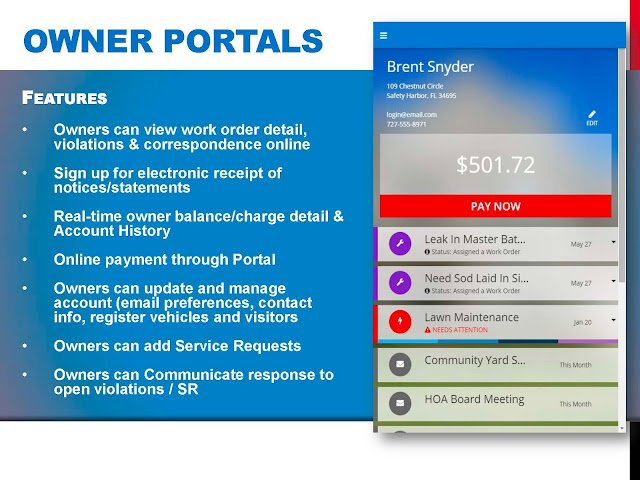Obviously, we are all human and we all make mistakes. These mistakes come in all forms, from legal to management to human relations and can be minor or can cost Associations thousands of dollars. Since it’s best to avoid errors all together, we’ve compiled a list of the Top 10 Mistakes Boards Make.
1. Abuse of Power.
In some cases, owners join the Board for the wrong reasons, including pursuing their own agendas. They end up bullying some neighbors and doing favors for others. It’s important for Board members to be able to stand up to a rogue member, and better still, learn a little more about why members wish to join the Board before electing them.
2. Unclear Roles.
Often times Board members try to take on the role of property managers. Eventually they try to cut out management all together, and this can lead to problems in communication between management and contractors/maintenance staff. Other roles Board members often try to assume are the “Nice Guy” that gives out special permission for things he has no authority over and the “Policeman” that takes it upon himself to personally enforce the Rules & Regulations.
3. Ignoring the community rules and procedures.
Boards are governed by their declarations, rules and regulations, in-place procedures and even cities and states. Boards should pay close attention to these rules when making decisions, and should also keep them updated. Problems can arise when rules and procedures are decided verbally in Board meetings, but not translated into written documents.
4. Not listening to owners.
It is the Board’s responsibility to make sure that they make decisions that work for the majority of the community, and not just the person with the loudest voice.
5. Not looking toward the future.
Boards need to consider many factors when embarking on projects or doing general maintenance. While the cheapest solution could work in the short term, it may end up costing more in the long run. In these situations, advice from property managers in invaluable.
6. Violation of meeting laws.
Boards must typically conduct business and vote “in the open.” Voting by email and having no minutes to back up decisions can open Boards up to legal problems.
7. Ignoring your experts.
Boards work with many experts including managers, attorneys, lawyers and accountants. Consequences of ignoring their advice can be disastrous and expensive.
8. Misuse of electronic communication.
While email may be a good way to communicate basic information, it’s not a substitution for real discussion/debate, and information posted on social media sites can also get Boards into trouble.
9. Not doing your research.
Reading the Board packets, checking the minutes and inspecting financial reports are all important duties of Board members, and should not be ignored.
10. Overdoing things.
Board meetings don’t need to last for hours, with each member and owners going off into their own personal issues that are more suited to submitting work orders with management. In some cases, a timer has been shown to be an effective tool to keep speakers with business for the Board sort and to the point!













